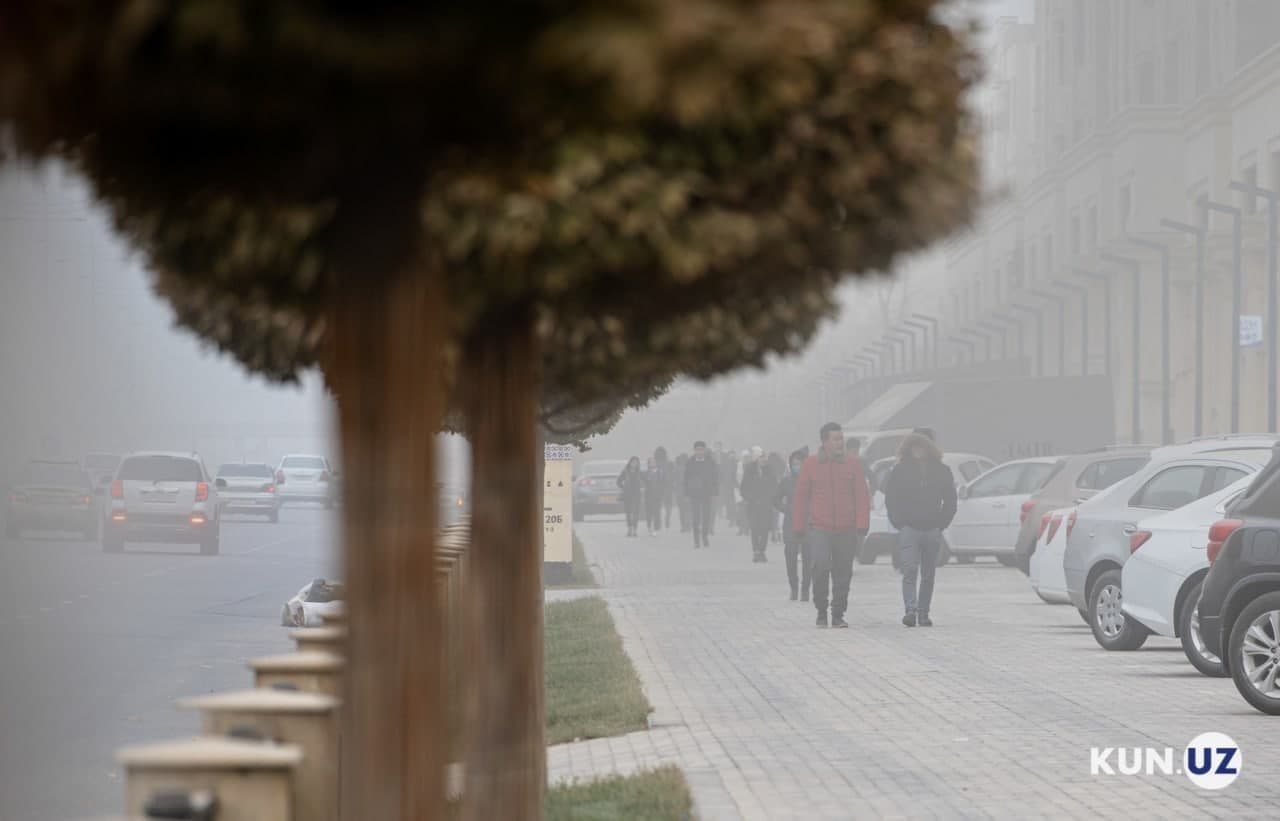Air pollution clouds the mind: Study reveals hidden cognitive risks
A new study by researchers at the Universities of Birmingham and Manchester has found that even short-term exposure to air with high levels of particulate matter (PM) can cloud the mind, impair focus, and hinder emotional recognition. According to MedicalXpress, this could make everyday tasks—such as shopping—more challenging.

Фото: Kun.uz
In the experiment, participants were exposed to high concentrations of air pollutants similar to smoke. They completed cognitive tests both before and four hours after breathing the polluted air. These tests assessed working memory, selective attention, emotional recognition, psychomotor speed, and sustained attention.
The findings revealed that air pollution significantly reduces selective attention and the ability to recognize emotions. Notably, this effect was observed regardless of whether participants breathed normally or exclusively through their mouths.
Researchers suggest that air pollution may trigger inflammation, which disrupts concentration and emotional perception. However, working memory remained unaffected, indicating that some brain functions are more resistant to polluted environments than others.
Why cognitive functions matter
Cognitive functions are essential for daily life, involving a range of mental processes that work together seamlessly:
- Selective attention helps in decision-making and achieving goals. For example, when shopping in a supermarket, selective attention allows you to focus on necessary items, avoiding distractions and impulse purchases;
- Working memory temporarily stores information, enabling people to juggle multiple thoughts and complete tasks that require remembering details. Without it, planning the day or engaging in conversations with multiple people would be difficult;
- Socio-emotional perception, which includes understanding both personal emotions and those of others, plays a key role in shaping appropriate social behavior.
The broader health risks of air pollution
Air pollution is one of the most significant environmental health risks, contributing to increased premature mortality rates. Its harmful effects on the cardiovascular and respiratory systems are well-documented. Additionally, it has been linked to neurodegenerative diseases such as multiple sclerosis, Alzheimer’s, and Parkinson’s.
Among air pollutants, PM2.5 is considered the most dangerous. In 2015 alone, it was associated with 4.2 million deaths worldwide. The World Health Organization (WHO) recommends keeping PM2.5 levels below 15 µg/m³ per day and 5 µg/m³ per year to minimize health risks.
Recommended
List of streets and intersections being repaired in Tashkent published
SOCIETY | 19:12 / 16.05.2024
Uzbekistan's flag flies high on Oceania's tallest volcano
SOCIETY | 17:54 / 15.05.2024
New tariffs to be introduced in Tashkent public transport
SOCIETY | 14:55 / 05.05.2023
Onix and Tracker cars withdrawn from sale
BUSINESS | 10:20 / 05.05.2023
Latest news
-
Chinese investors plan wireless tech and transformer projects in Fergana
BUSINESS | 13:58
-
India advises students not to enroll at Tashkent Medical Academy’s Chirchik branch, Academy responds
SOCIETY | 13:43
-
Uzbekistan appoints its first ambassador to Sri Lanka
POLITICS | 13:32
-
Malaysia’s Tenaga Nasional Berhad eyes hydropower projects in Uzbekistan
POLITICS | 12:05
Related News

11:44
Health expert calls for allowing doctors to register as self-employed

15:01 / 23.07.2025
Health Ministry warns of allergy risks during extreme heat

12:43 / 23.07.2025
Fergana doctor sentenced for mistakenly amputating patient’s healthy leg and causing her death

17:39 / 22.07.2025



